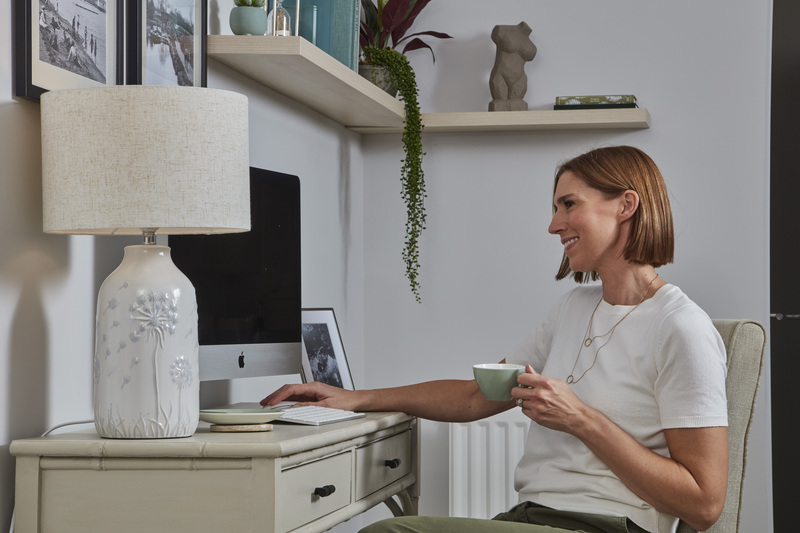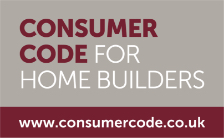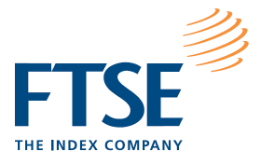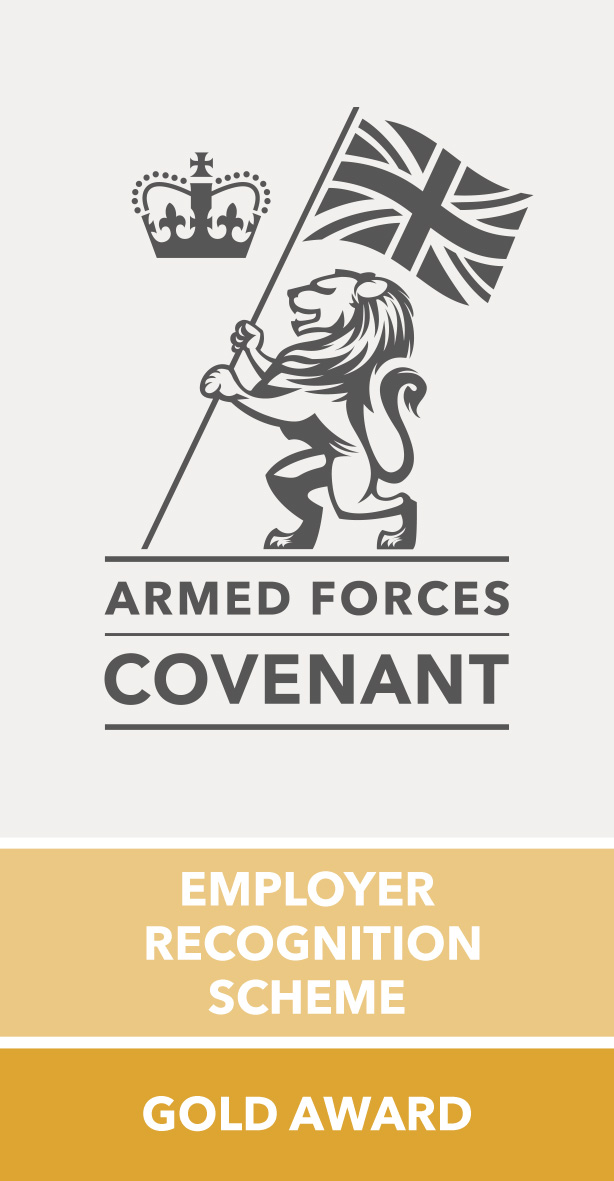Buying your first home is an exciting milestone, but it can feel overwhelming when it comes to planning your budget. Having a clear and well-thought-out budget will help you feel confident and in control throughout the process.
From getting to grips with upfront costs to finding extra help, this guide will help make budgeting for your first home straightforward.
1. Understand the costs
As a first-time home buyer, it's important to understand the different costs involved. This means you can budget carefully before you start saving for a deposit or applying for a mortgage. You'll need to pay most of these expenses upfront, so planning is key.
The deposit
This is one of the largest upfront expenses you will incur when buying a home, typically between 5% and 10% of the property’s purchase price, but this may be higher and also differ between a house and an apartment. A larger deposit often unlocks better mortgage rates, reducing your long-term costs.
Mortgage payments
The amount you'll pay depends on the size of your loan, the interest rate and the length of your mortgage. Fixed-rate mortgages give you the certainty of predictable payments, whereas variable-rate mortgage payments can increase or decrease over time.
You'll need to do a good deal of research to find the mortgage deal that works best for you. While you can go directly to a lender to find out about their mortgage products, another option is to find an Independent Mortgage Advisor (IMA). An IMA who can search the whole of the market (this will be subject to the wider panel that the IMA belongs to) can help to find you a range of options that meet your needs. Using an IMA may come at a cost (either through fees or commission) but could help save you money on your mortgage over the longer term.
We recommend you seek independent legal and financial advice and are free to choose your own IMA. However, should you require it, we can put you in touch with an IMA experienced in new build homes to help guide you.
Mortgage fees
Mortgage fees can typically be paid upfront or added to your loan. Paying upfront avoids the possibility of incurring additional interest over time, but it's essential to consider what works best for your financial situation. Some of the fees below may be included by your lender, or not charged for at all, so make sure you confirm any additional fees with your provider. The extra fees to factor into your budget typically include:
• Arrangement fee: Sometimes referred to as a 'product fee' or 'completion fee', this covers arranging your mortgage and typically costs from £1,000 to £2,000.
• Booking fee: A small fee, usually around £100 to £300, to secure a specific mortgage deal. May also be referred to as a 'reservation fee'.
• Mortgage account fee: Some lenders may charge a fee of £100 to £300 to cover the lenders administrative costs for setting up, maintaining and closing your account.
• Valuation fee: Lenders charge this fee to assess the property’s value and ensure it's worth the amount you're borrowing. This cost can vary depending on your lender and the price of the home you are buying but can range from £150 to £1,500. Some lenders may include this as part of your mortgage deal, but make sure you evaluate the whole offer. The valuation survey is not the same as a full home survey, which will also need to be considered in your budget.
Solicitor fees
A solicitor or conveyancer handles the legal side of buying a home, such as contracts and searches. Legal fees vary but typically cost between £800 and £1,500, with additional charges for searches like flood risk or planning issues. We recommend you seek independent legal and financial advice and are free to choose your own solicitor. However, should you require it, we can put you in touch with a solicitor to help guide you. Another benefit of buying new with Countryside, is that way may be able help contribute towards your legal fees. Get in touch with our helpful sales consultants to find out more.
Independent Survey and Surveyor's fees
While this type of survey is not mandatory, instructing a qualified surveyor to check the property for any structural issues or defects can give you peace of mind about your new home.
There are two main professional bodies that a qualified surveyor should belong to, either The Royal Institute of Chartered Surveyors (RICS) or The Residential Property Surveyors Association (RPSA). RICS offer several levels of survey, with options ranging from a Level 1 Home Survey (a basic condition report), which costs around £380, to a Level 3 Home Survey (a full structural survey), which can range from £600 to £1500 or more depending on the value of the property.
If you’re purchasing a new build home, you can appoint a professional new home surveyor. Choosing the right survey for the age and condition of the property could help you avoid unexpected repair costs later. It should be noted that a RICS Survey will come at a price and you should seek out costs before committing.
Stamp duty
Stamp Duty Land Tax (SDLT) is a tax you pay when buying a home in England and Northern Ireland. For most buyers purchasing their main home, Stamp Duty is payable on homes over £125,000. If you're looking for a property above this value, you can use our Stamp Duty calculator to find out how much you'll need to pay. However, there's some good news for first-time buyers, as this threshold starts at £300,000 provided you are buying a home for less than £500,000.
2. Assess your affordability
Understanding how much you can afford to borrow and spend each month is key to creating a realistic budget for buying your first home.
Understanding affordability rules
Most lenders follow a simple affordability rule: they typically lend between 4 and 4.5 times your annual salary, although under certain circumstances, this can be as high as 6 times your earnings. If you're buying with a partner or friend, lenders will use your combined income to assess what you can borrow. For example, two people earning a combined total of £60,000 a year, depending on lending criteria, might be eligible to borrow up to £210,000.
Adding your deposit amount to this figure may help you estimate the price range of properties you could consider. It’s helpful to explore options to ensure your mortgage aligns with your budget and financial goals.
Review your spending habits
Mortgage providers look at how much of your monthly income goes towards expenses when assessing what you can afford. So, it might also be a good idea for you to take a closer look at your spending commitments, such as credit cards, online gambling, car loans, and child care costs. Tracking everyday costs like rent, groceries and transport can help you see how much you could comfortably put towards mortgage repayments while still enjoying your lifestyle.
Estimate your monthly mortgage payments
It might be helpful to use our online mortgage calculator to estimate your monthly payments and see how the mortgage amount and term affect them. This can help you see how the payments fit your income and outgoings to ensure they feel manageable. Your mortgage must work for you so that you don't feel unnecessary financial pressure in the future.
3. Start saving your deposit
Saving for a deposit can feel like one of the biggest budget hurdles for first-home buyers, but with a little planning and the right approach, it's an achievable goal. Use our deposit savings calculator to find out how much you need to save per month and how long it'll take to reach your goal.
Keep your savings separate
You might find that using a separate savings account helps you keep track of progress toward your deposit goal. By keeping your deposit savings separate from your day-to-day finances, it's much easier to see how far you've come and stay motivated. Plus, it reduces the temptation to dip into your savings for other expenses.
Consider a high-interest savings account
Exploring savings accounts that offer higher interest rates, such as regular saver or fixed-term accounts, is one way to grow your deposit. Over time, these accounts help your savings grow faster, bringing you closer to your goal of buying your first home.
Automate your payments
For some buyers, setting up a standing order can help take the stress out of saving. By automatically transferring a set amount into your savings account each month, it may be easier to establish a consistent saving routine. It's a simple way to help you stay on track.
Make small changes to your spending
Cutting back on non-essentials may provide you with opportunities to save more. Whether it's fewer takeaways, cancelling unused subscriptions or being more mindful of impulse buys, even small adjustments can add up to something significant. Every pound saved gets you one step closer to holding the keys to your new home.
4. Take advantage of home buying schemes
If you're a potential first-time home buyer but owning a home still feels out of reach, there are a number of schemes designed to make it more achievable within your budget. These options can help you take that exciting first step onto the property ladder sooner than you might think possible.
Shared Ownership
Shared Ownership provides a flexible and affordable route to owning your first home. You can purchase a share of a property – typically up to 75% – and pay a reduced rent on the remaining portion.
This can make the upfront costs of buying your first home more affordable, as you only need a mortgage and deposit for the share you’re purchasing. Over time, you'll have the option to buy additional shares (known as 'staircasing'), thereby gradually increasing your ownership of the property and paying less rent.
Lifetime ISA (LISA)
If you're saving for your first home, the Lifetime ISA (Individual Savings Account) is a great way to boost your savings. You can save up to £4,000 a year, and the government will add a 25% bonus, up to an extra £1,000 annually.
You can put the money you save towards buying your first home, as long as the property costs £450,000 or less. It could be a straightforward way to grow your deposit faster and bring your dream of home ownership closer.
First Homes scheme
The First Homes scheme is specifically tailored for first-time buyers in England. Under this scheme, new-build homes are offered at a discount of at least 30% compared to equivalent properties on the open market. By reducing the cost of buying your first home, it could help make homeownership in your desired area more achievable.
The maximum price of a First Home after the discount has been applied is £250,000 (or £420,000 in London). To qualify, the property must be your only or main residence, and your household income must be no more than £80,000 (or £90,000 if you're buying in London).
Deposit Unlock
The Deposit Unlock scheme is designed to make buying your first home more attainable if you have a small deposit. With this initiative, you could be able to secure a new build home with just a 5% deposit, significantly reducing the upfront costs of getting on the property ladder.
By making saving for a deposit more manageable, Deposit Unlock could help you buy your dream home sooner than you think.
Ready to own your first home? We're here to help!
Budgeting for first-time home buyers may seem daunting, but understanding the costs and taking a clear, step-by-step approach can help you start your journey toward homeownership.
After reading this guide, we hope you feel better informed and able to take confident steps towards owning your first home. For more help and advice, browse our range of blogs we've published to support you every step of the way.
At Countryside Homes, we're here to help make your property dream a reality. As a 5-star rated housebuilder, we create homes and communities you'll love to call your own. Start your journey today by browsing our sought-after locations across the country our friendly teams can help you take your exciting first steps.
Disclaimer: This content is provided for informational purposes but isn't intended as financial advice. For tailored support that aligns with your specific circumstances, you should independent financial advice.









